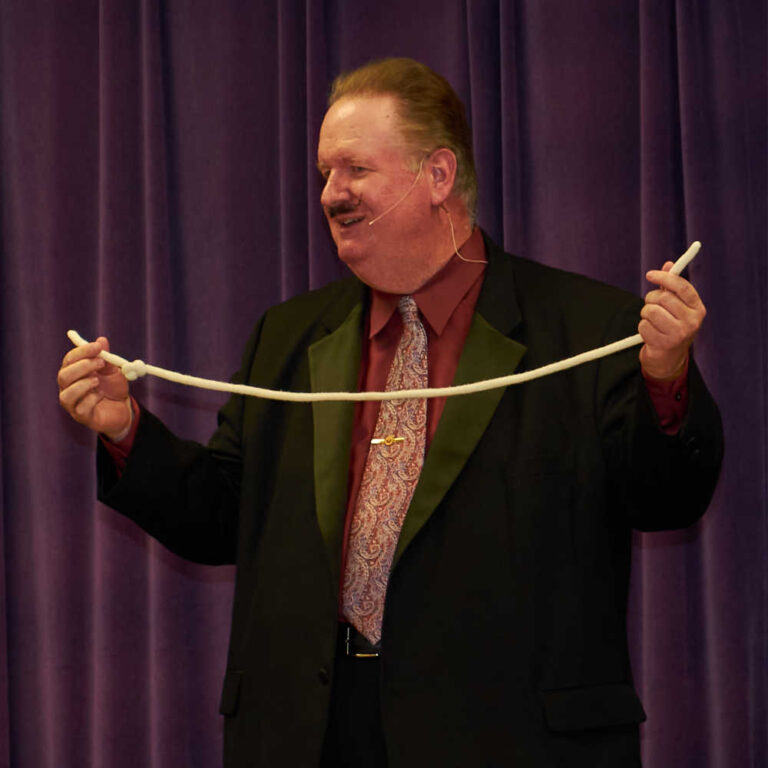Turner Performs in All-Star Atlanta Magicians Show at Tucker Rec Center

Turner Performs in All-Star Atlanta Magicians Show at Tucker Rec Center Last week, I joined four other Atlanta magicians onstage (plus another half-dozen in crew and backstage support) in a community relations effort on behalf of the Georgia Magic Club, Ring 9 of the International Brotherhood of Magicians. On Wednesday, June 3, members […]
Meeting and Event Planner Personality Types: The Exorcists
This week we wrap up our exploration of meeting and event planner personality types. Last week we discussed the Expanders. Today: The Exorcists! Exorcists like to ask the question, “How can I just end this and avoid another horrible experience?” An unfortunate third possibility is that a client has worked with another provider in the […]
Meeting and Event Planner Personality Types: The Expanders
This week we continue our exploration of meeting and event planner personality types. Last week we discussed the Explorers. Next up: The Expanders! Expanders like to ask the question, “Where else can I use this idea?” Another possibility is that a client has worked with a magician or mentalist on a previous event, but the […]
Meeting and Event Planner Personality Types: The Explorers
Event Planner Personality Types: The Explorers When meeting and event planners are considering magical entertainment or magic-enhanced keynote speaking as a possible addition to their event, they are often venturing into unfamiliar territory. Though every situation is different, my experience is that most event or meeting planners who are considering a magical speaker or entertainer […]
The Gratis Factor: 5 Tips for Getting Entertainers to Donate Shows
Last week I had the opportunity to be part of a wonderful tradition here in Atlanta. Bert Weiss, host of Q100’s “The Bert Show,” created a foundation (along with his wife Stacey) to help children with chronic or terminal illnesses experience a magical weekend with their families at Walt Disney World. The first trip happened […]


